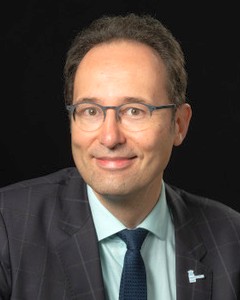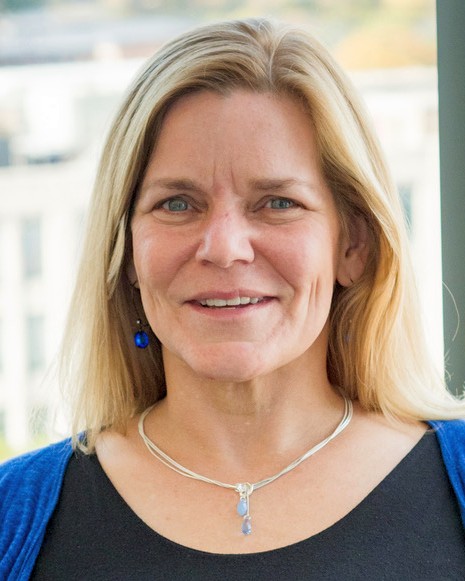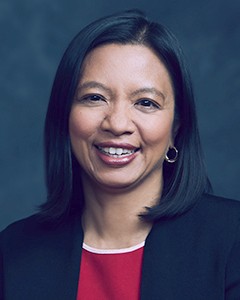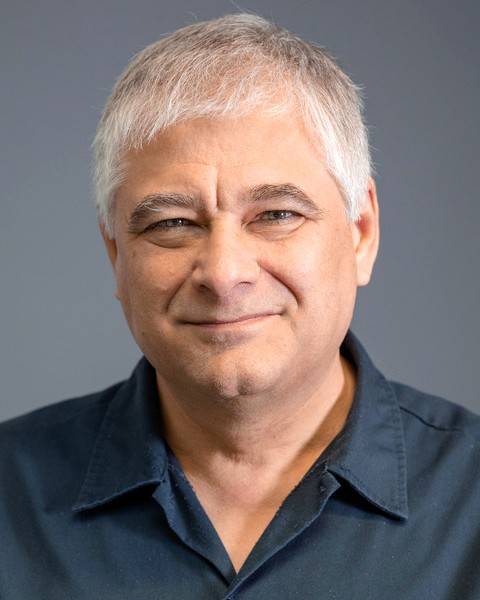Filip De Turck – Towards Truly Immersive Holographic-Type Experiences
Dr. Filip De Turck is a full professor at the department of Information Technology (Intec) of Ghent University and imec, Belgium with expertise in communication software, network resource management, adaptive multimedia service delivery and next generation video delivery platforms. In this research area, he is involved in and successfully completed many research projects with industry and academia, serves as Chair of the IEEE Technical Committee on Network Operations and Management (CNOM), former chair of the Future Internet Cluster of the European Commission, is on the TPC of many international network and service management conferences and workshops and serves in the Editorial Board of several network and service management journals. Prof. Filip De Turck regularly organizes international workshops on the above mentioned topics, serves as Editor-in-Chief of IEEE Transactions on Network and Service Management (TNSM), and steering committee member of the IEEE/IFIP Network Operations and Management Symposium (NOMS), the IFIP/IEEE Integrated Network Management (IM) Symposium, the IEEE Conference on Network Softwarization (IEEE NetSoft) and the IFIP/IEEE Conference on Network and Service Management (CNSM). He also served as chair of the IEEE SDN Initiative Conference Committee, which coordinates initiative IEEE events and conferences on Softwarized Networks. Prof. Filip De Turck was named a Fellow of the IEEE (Institute of Electrical and Electronics Engineers) for outstanding technical contributions to network resource management and adaptive service delivery. He is currently (co-)author of over 750 publications.
Barbara Shinn-Cunningham – The neuroscience behind building a good auditory display
Dr. Barbara Shinn-Cunningham trained as an electrical engineer (Brown University, Sc.B.; Massachusetts Institute of Technology, M.S. and Ph.D.). She is Director and Professor of the Neuroscience Institute at Carnegie Mellon University, where she holds the Cowan Chair in Auditory Neuroscience. Before joining CMU, she spent 21 years on the faculty of Boston University in Biomedical Engineering. She is a committed mentor, and has won mentorship awards from the Society for Neuroscience as well as the Acoustical Society of America (ASA). Her research has been recognized with the Helmholtz-Rayleigh Interdisciplinary Silver Medal in Psychological and Physiological Acoustics, Speech Acoustics, and Architectural Acoustics from ASA, a Sloan Foundation Fellowship, and the Vannevar Bush Fellowship. She is a Fellow of ASA and the American Institute for Medical and Biological Engineers and is a lifetime National Associate of the National Research Council. In her spare time, she plays oboe and English horn. She is also a competitive saber fencer, and was part of the silver-medal winning USA Women’s Veteran Saber Team at the 2019 World Veteran Fencing Championships in Cairo, before the world shut down.
Anne Aaron – The QoE Journey of a Streaming Company
Dr. Anne Aaron is Director of Encoding Technologies at Netflix. The team is responsible for generating media assets that deliver a compelling A/V experience to millions of Netflix members worldwide, no matter where, how and what they watch. In her previous role at Netflix as lead of Video Algorithms, Anne helped drive innovation in the space (per-title encoding, video quality assessment and perceptual metrics, shot-based encoding, HDR, next-generation codecs) and grow a team of experts in cloud-based video coding and processing. Prior to Netflix, Anne had technical lead roles at Cisco, working on the software deployed with millions of Flip Video cameras, Dyyno, an early stage startup which developed a real-time peer-to-peer video distribution system, and Modulus Video, a broadcast video encoder company. During her Ph.D. studies at Stanford University, she was a member of the Image, Video and Multimedia Systems Laboratory, led by Prof. Bernd Girod. Her research was one of the pioneering work in the sub-field of Distributed Video Coding.
Ivan Tashev – Spatial audio for virtual and augmented reality devices
Dr. Ivan Tashev received his Master’s degree (1984) in Electronic Engineering and PhD in Computer Science (1990) from the Technical University of Sofia, Bulgaria. He was assistant professor in this university when joined Microsoft in 1998. Currently Ivan Tashev leads the Audio and Acoustics Group in Microsoft Research Labs. His research interests include audio signal processing, machine learning, multichannel transducers, bio-signal processing. Dr. Tashev published two books, two book chapters, 100+ scientific papers, listed as inventor in 50 US patents. He is affiliate professor in University of Washington in Seattle and honorary professor at Technical University of Sofia, Bulgaria. Dr. Tashev transferred algorithms to RoundTable device, Windows, Microsoft Auto platform, and served as the audio architect of Kinect for Xbox and of HoloLens. More details about him can be found in his web page.



